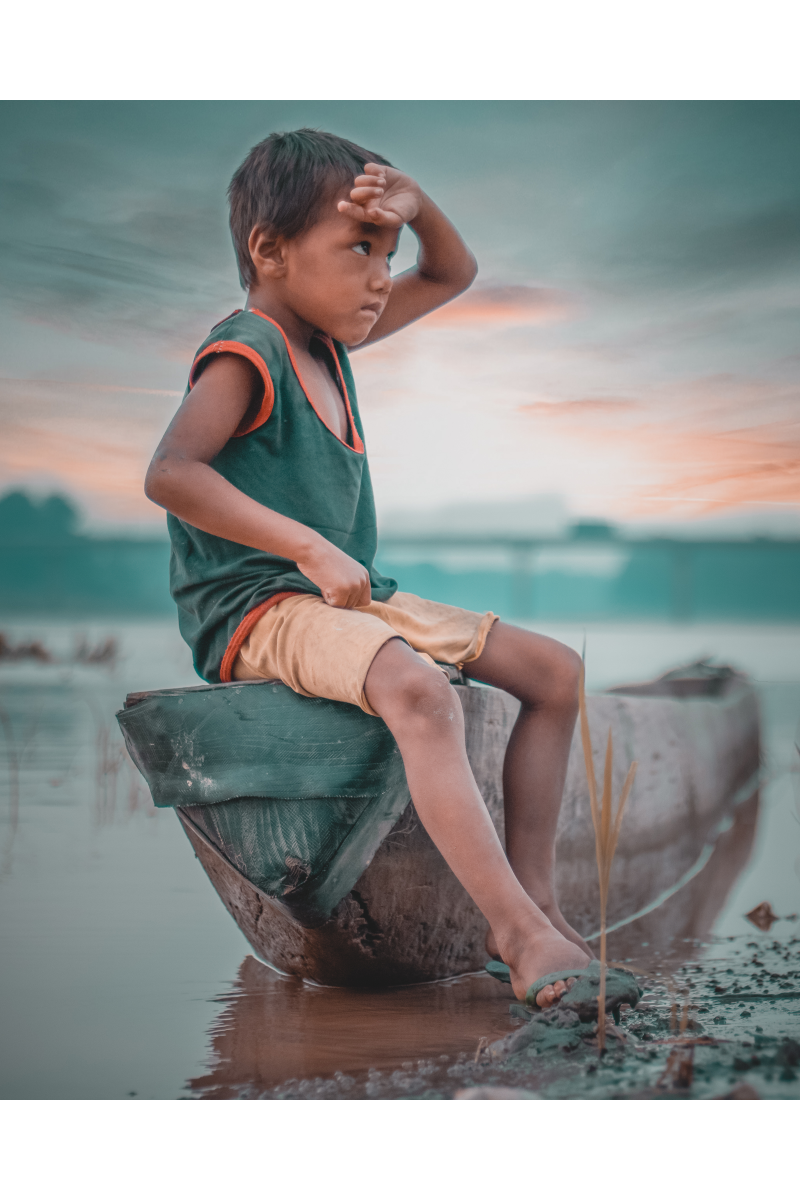Climate Change: A Tale of Two Lifestyles
In a world grappling with the undeniable impacts of climate change, the chasm between the privileged and the marginalized widens, shaping distinct lifestyles. "Climate Change: A Tale of Two Lifestyles" delves into the profound disparities, exposing how the affluent navigate inconveniences while the less fortunate bear the disproportionate brunt of an environmental crisis.
Bureau of Society and Transformation
11/29/20232 min read


As the world grapples with the harsh realities of climate change, the divide between the lifestyles of the privileged and the marginalized is becoming increasingly stark. While the affluent can afford a semblance of normalcy in the face of environmental upheaval, the poor find themselves bearing the disproportionate brunt of a crisis they had little hand in creating.
For those with means, climate change might manifest as a slight inconvenience – perhaps adjusting travel plans due to extreme weather or investing in more resilient infrastructure for homes. However, the day-to-day realities for the less fortunate tell a profoundly different story. The recent report from the University of Delaware sheds light on the profound impacts on the lives of the poor, especially in developing nations.
In regions like Southeast Asia and Southern Africa, where the economic struggles were already pronounced, the additional burden of climate change is pushing vulnerable communities to the brink. The 14.1% and 11.2% GDP losses in these regions, as outlined in the report, translate into tangible hardships for individuals who can scarcely afford them.
Consider the farmers in India, whose livelihoods are intricately tied to the land. The $159 billion income loss in 2021 due to extreme heat is not just a number; it represents families struggling to put food on the table, children missing out on education, and communities teetering on the edge of survival. The impacts extend beyond the economic, seeping into the very fabric of daily life.
For the wealthy, climate change might mean opting for a more sustainable lifestyle, installing solar panels, or purchasing electric vehicles. These are choices, not necessities. For the poor, climate change forces an unwanted shift in lifestyle, where access to basic necessities becomes a luxury. Clean water, once taken for granted, becomes scarce in the face of droughts and changing precipitation patterns. The very essence of a dignified life is eroded as homes are lost to floods and communities are displaced.
The COP28 talks in Dubai must not just be about policy and funding; they must address the stark disparity in how different socioeconomic groups experience the impacts of climate change. The dedicated fund established at COP27 to address "loss and damage" must prioritize the needs of the most vulnerable, ensuring that their basic rights and dignities are safeguarded in the face of a changing climate.
The urgency of action lies in recognizing that climate change is not just an environmental challenge; it is a human rights issue. The poor should not be relegated to the role of passive victims; they are the frontline communities in a battle they did not choose. As the affluent discuss solutions in air-conditioned conference rooms, the poor are grappling with the very real and immediate consequences of a changing climate. The time for meaningful, equitable action is now before the fabric of entire societies unravels under the strain of climate-induced hardships.
(With AI Input)
Context:
The University of Delaware's report calculated that human-induced climate change had a substantial impact, slashing 6.3% from the global economic output in the previous year, considering population-weighted measures. These statistics encompass not only the direct repercussions, including disturbances to agriculture and manufacturing and decreased productivity due to intense heat but also the far-reaching consequences on global trade and investments.
Climate Change and Hunger:
The impact of climate change on hunger is most acutely felt in the eight poorest and economically mismanaged countries.
Contacts
enquiry@economicnations.org
(xx) 98-11-937-xxx (On verification)
